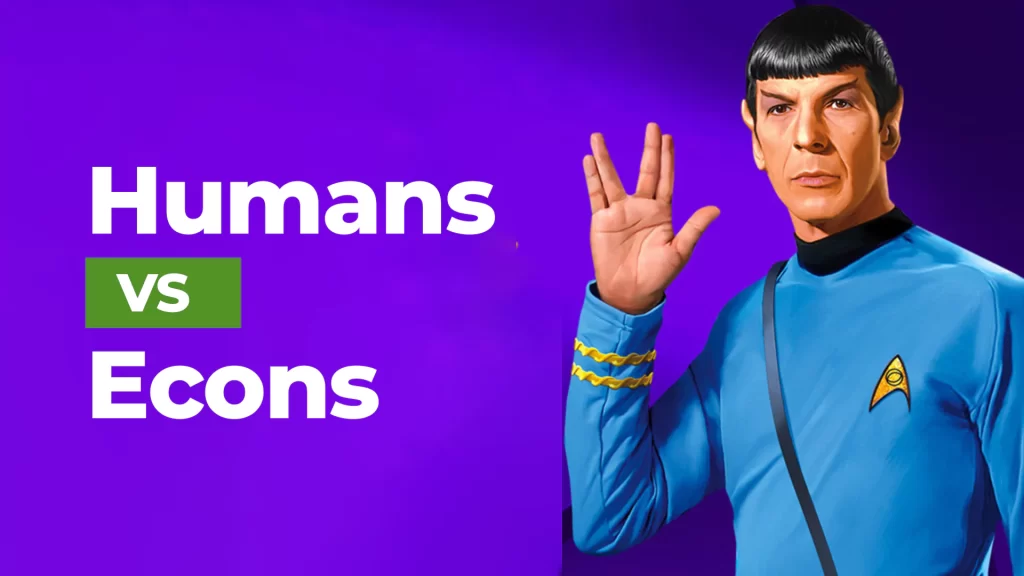Boldly stepping onto the USS Enterprise, the heart of Star Trek’s adventures, we meet a diverse crew of humans and aliens navigating uncharted territories of space. Among them, we are introduced to the stern, unyielding rationality of Mr. Spock, the Vulcan-human hybrid who constantly advocates for logic above all else. His rationality is invaluable in the face of the Enterprise’s many adventures and challenges. But as we embark on our investment journey, we must ask ourselves: does Spock’s rationality serve as our only guiding star? Or should we set our course towards another constellation – the realm of reasonableness?
As a confessed Star Trek aficionado, I used to devour episodes late into the night, a delightful respite amid the intense preparations for board exams. A decade later, this late-night ritual provided an instant connection when Nobel laureate Richard Thaler, in a class at the University of Chicago, drew a parallel between economic behavior and the Star Trek universe.
Thaler’s work in behavioral economics argues that pure rationality – the kind embodied by Mr. Spock – isn’t a feasible or even desirable goal for humans. He conjured up the theoretical concept of ‘Econs’ – entities of perfect rationality, always acting in their best interests, equipped with a clear understanding of every economic intricacy. They would sell a prized artifact without hesitation if its value quadrupled, especially if the selling price surpassed what they’d be willing to pay.
Contrast this with Thaler’s ‘Humans’ – emotional, fallible beings guided by rules of thumb, susceptible to biases, and grappling with self-control. A Human, when faced with a sudden fourfold increase in an artifact’s value, might not sell. They could be swayed by sentiment and a reluctance to change. He would keep the possession even if he expected no further appreciation. This comparison led Thaler to suggest that by recognizing and understanding these biases, Humans could paradoxically make more rational decisions.
In the second act of our journey, we venture into the investing universe with this newfound understanding. The goal isn’t to be a Spock – the perfectly rational Econ – but to be a Kirk – a reasonable Human. Reasonableness is a long-term trait; it sticks with us through thick and thin, while rationality may fluctuate with circumstances.
Achieving success in the investment world isn’t about aiming to be the most intelligent or consistently rational. It’s about being reasonable, something that we can sustain over a long period. Being reasonable in investing means acknowledging our human tendencies and biases, establishing a disciplined approach that aligns with our personal temperament, and having the patience to stick to it, irrespective of market highs and lows.
Just like the most rigid diets often crumble in the face of a delightful dessert, or ambitious New Year’s resolutions quietly dissipate by February, trying to uphold the standard of perfect rationality or highest returns in investing is a recipe for exhaustion. On the other hand, setting investment strategies that acknowledge our tastes, strengths, and limitations allows us to stay the course.
Time is a tested ally in the world of investing. Staying the course and remaining invested over long periods allows the magic of compounding to work its wonders. It is not about timing the market, but time in the market. We dance with market volatility, embracing its ebbs and flows rather than attempting to outsmart it. Thaler may agree, that as an investor, you are being completely rational in your aim to be reasonable.

